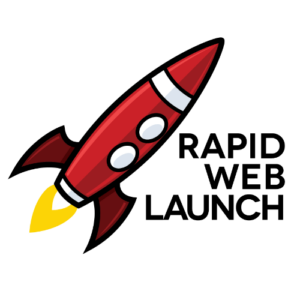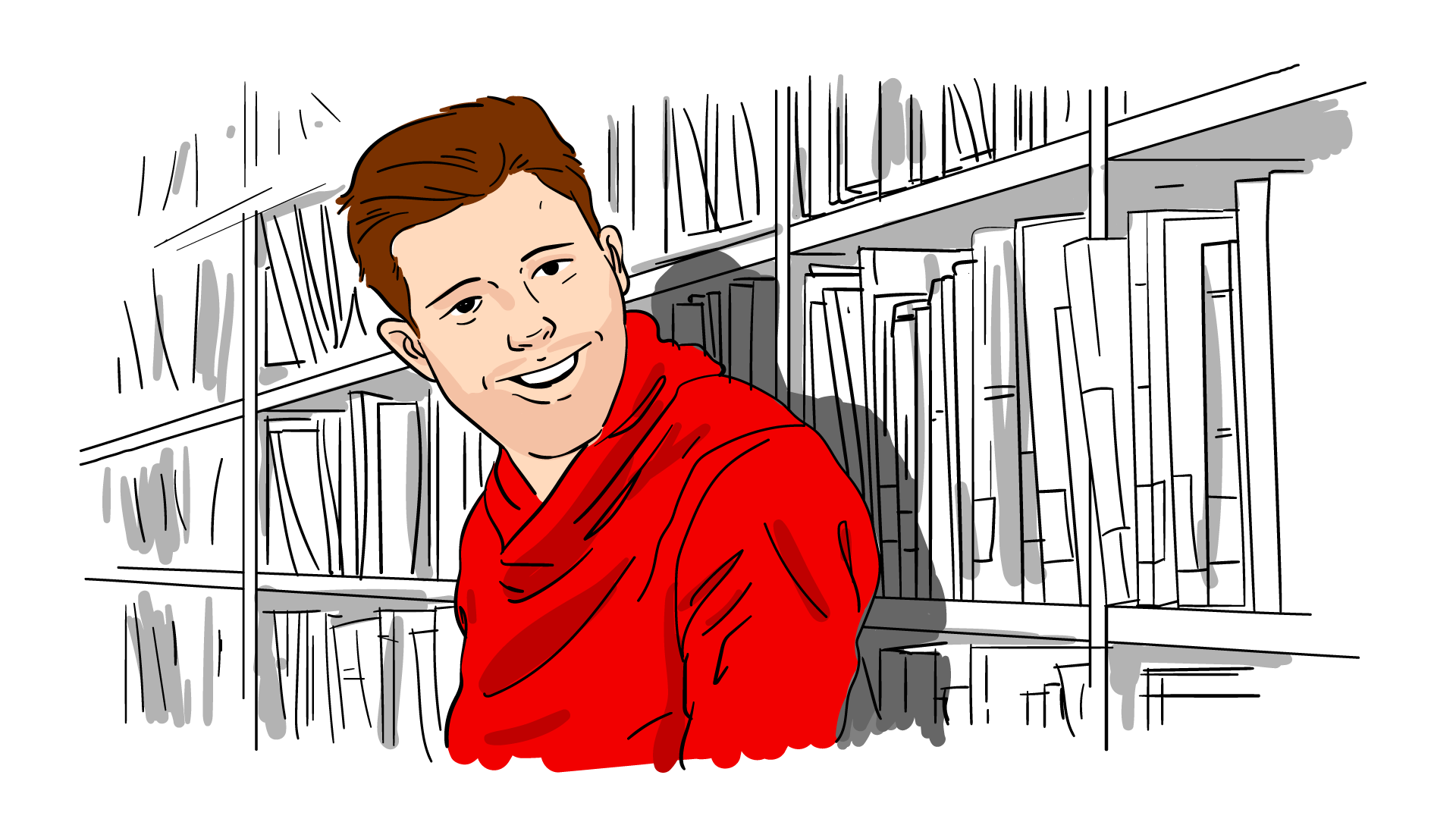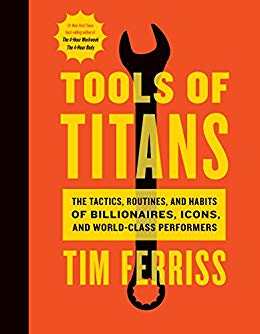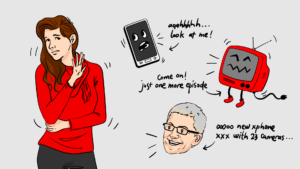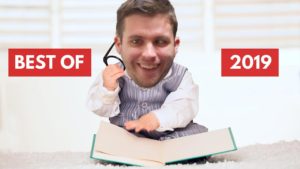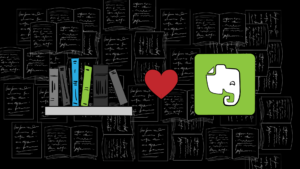(This post is regularly being updated as I find awesome new reads to share with you!)
Finding the right business tools to launch your own business is important, but so is feeding your brain.
I’ll admit, reading books was never my thing. Because I read all day, every day for my line of work (as well as my personal studies), cozying up on the couch with a nice book was not my idea of relaxation.
So, I decided to look at it from a different perspective.
We reap what we sow and, if you’re sowing a whole lotta’ Netflix, you’re going to be reaping a polluted brain and wasted time.
When I choose to read, I do it with an objective in mind. Every time I finish reading a book, I need to have learned at least one new thing from it. I’m looking for things that I can apply to my business, or use to improve my day-today life.
This is my growing list of books that have done that for me. I’ll regularly be updating it as I discover new books. I won’t be adding every book I’ve read, because not all of them will be worthwhile.
I hope you find these books to be as inspirational for you as well.
Book Recommendations by Category
My Best Business Books
These books have helped me build and grow my online business. Entrepreneurial biographies, tools, strategies, and
Rework – Jason Fried & David Heinemeier Hansson
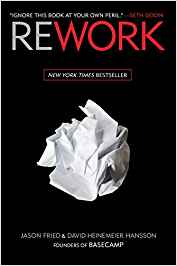 If you can get past the cliches and dramatics, there’s a lot of value to be found in Rework.
If you can get past the cliches and dramatics, there’s a lot of value to be found in Rework.
Jason & David are the founders of 37Signals, and share how they grew a tiny startup into a… decent-sized business. This isn’t the story of another Facebook or Netflix, and that’s exactly how these guys wanted it.
The 4-Hour Work Week – Tim Ferriss
This book is one of the most popular business books ever written, and for good reason. You could argue that Tim Ferriss sparked an entire lifestyle movement with The 4 Hour Work Week.
And the best part is, it’s not just a bunch of motivational fluff. Ferriss packed this book full of actionable information and strategies to help you quit the 9 to 5, create passive income and spend your life traveling the world.
Tools of Titans – Tim Ferriss
If you dig no-fluff interviews, case studies, and examples from the world’s most successful people, then this is the book for you.
While I’m not a fan of the idolization that takes place with people who find success in this world, I’m always open to learning new things. And you can learn a lot from people who are willing to share their knowledge for free. In, Tools of Titans, Tim Ferriss asks simple questions to some of the world’s most successful people in business, fitness, finance and much more.
You won’t be interested in 75% of this book. But the 25% you do enjoy will be worth pure gold to you.
Tribe of Mentors – Tim Ferriss
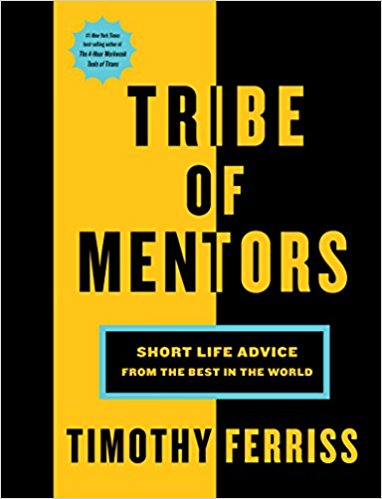
Caaaan you tell that I enjoy reading Tim Ferriss?
While I didn’t enjoy this one as much as his previous work, Tools of Titans, it still has its fair share of value. Tribe of Mentors is essentially a direct sequel. It follows the exact same style and format, but with different “Mentors” this time around.
Trust Me, I’m Lying – Ryan Holiday
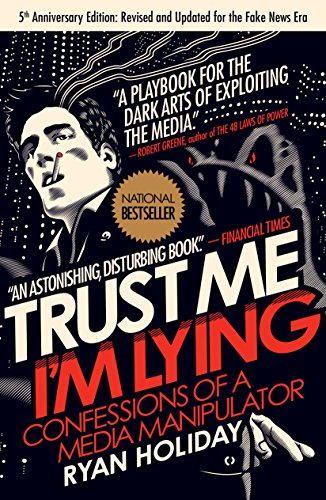
Ryan Holiday is a jerk. And he would gladly admit that to your face. He has spent his entire career in PR manipulating blogs to his, and his clients’, gain. The scary thing is, he shows us all just how easy it is to do.
Trust Me, I’m Lying was written long before Donald Trump made the term “fake news” a thing. And that’s because fake news has been around since the dawn of the blogging age. If you know nothing of the online publishing world, this is a must-read.
Outliers – Malcolm Gladwell

Malcolm Gladwell once said that all he wants to do is explain things to people. Thankfully for us, he is very good at it.
In Outliers, Gladwell wants us to rethink what it takes to be successful. Sure, it takes incredible talent and ambition to be the best of the best, but stories of success are often much more complex than that. (and far more interesting)
I learned a lot of interesting things from this book, and I’m confident you will too.
The Tipping Point – Malcolm Gladwell
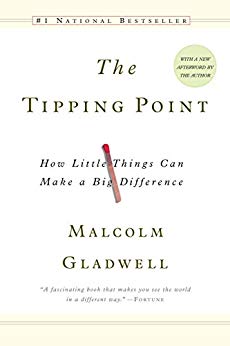
What makes something spread like wildfire? How do you get something to go viral? Why do some things that seem to destined for popularity, never quite catch on?
In The Tipping Point, Malcolm Gladwell is looking for the answers to these questions. He takes an in-depth look into what makes an idea, product, or message “tip”. What was it that finally pushed it over the edge to achieve phenomenal success?
How to Fail at Almost Everything and Still Win Big – Scott Adams
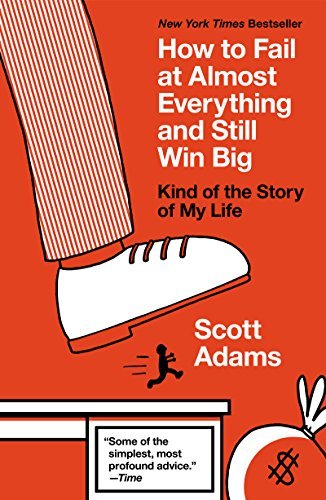
Most people have nothing but negative associations with failure. But can failure have positive affects on you, your career and your future?
In How to Fail at Almost Everything and Still Win Big, Scott Adams, the creator of the massively popular Dilbert comic strip, shares his life story and details the (literally) dozens of ways he’s failed on his way to becoming a famous cartoonist.
While I certainly don’t agree with many of Scott’s world views, I enjoyed his story-telling and humor. His controversial argument that goals are for losers (and what you should do instead) is worth the read in itself.
Shoe Dog – Phil Knight
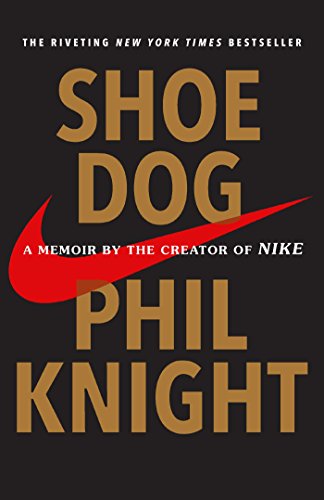
This book is stunningly good.
If you’re an entrepreneur in any sense of the word, you need to read this book. For every challenge, hurdle, obstacle, danger and frustration you encounter as a business owner, this book will serve as a reminder that your problems are extremely common and surmountable.
Phil Knight is the founder and creator of Nike, one of the most successful companies in the world. Shoe Dog is the story of how he built Nike. Globe-trotting, international conflict, sabotage, invention, creation, FBI investigations, corrupt politicians, immense struggle and success… This book has it all.
So many takeaways from this. 10/10 would read again.
The 7 Habits of Highly Effective People – Stephen R. Covey
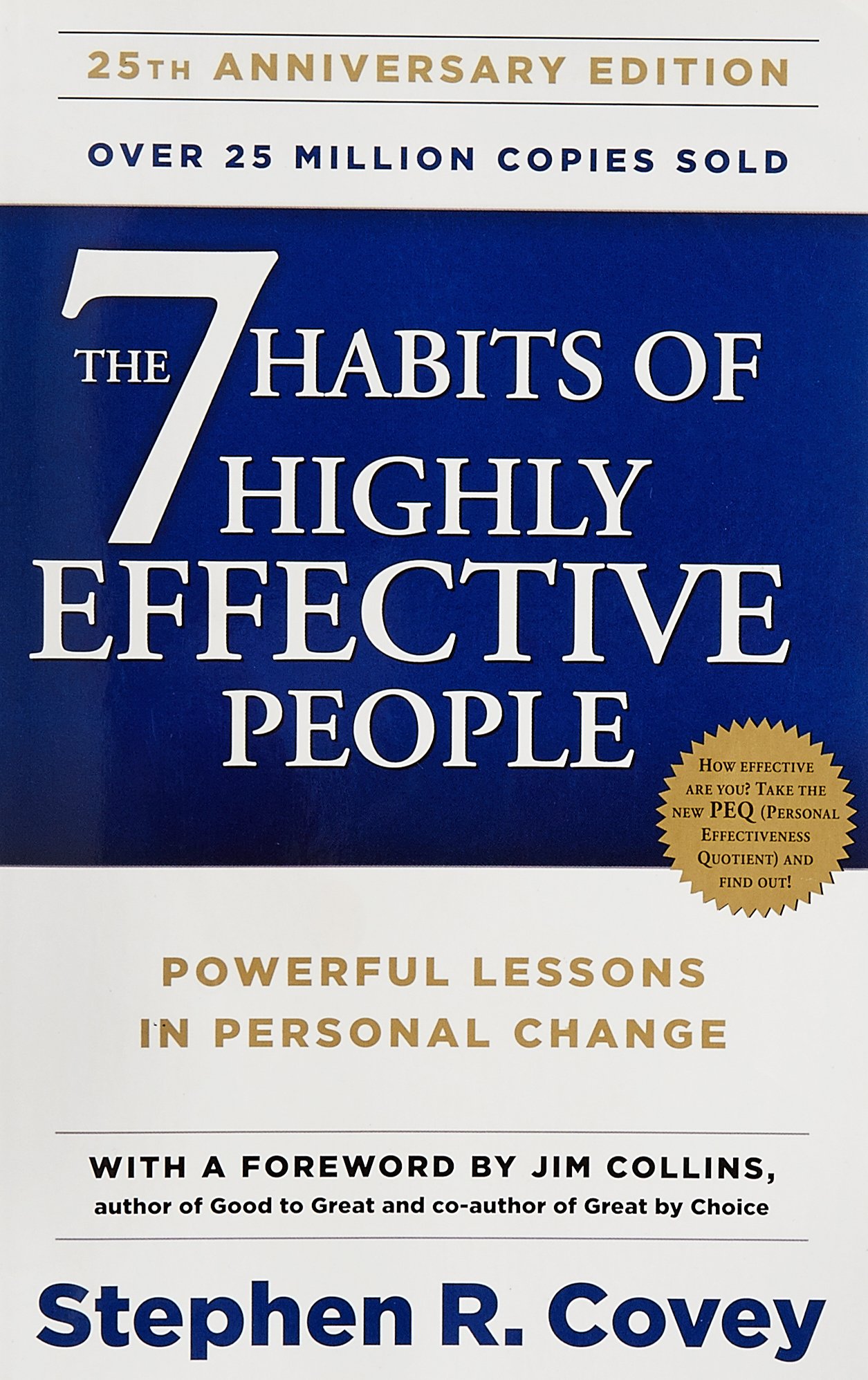
The 7 Habits of Highly Effective People is one of the most popular business/self help books ever written. Over 25,000,000 copies of this book have been sold. I’ve seen it mentioned in so many “must-read” reading lists that I simply couldn’t ignore it any longer.
But do you know why I find this book fascinating? Because the information contained within comes directly from the the #1 book of all-time: The Bible. Even the author, Stephen R. Covey admits it himself.
Covey does a great job of applying the Bible’s values and principles and presenting them in an easily digestible manner. That said, I can’t help but feel like that the anti-bias that many people have towards the Bible is the major reason why this book exists in the first place.
Amazon should be suggesting the Bible to people who purchased this book…
Story Driven – Bernadette Jiwa
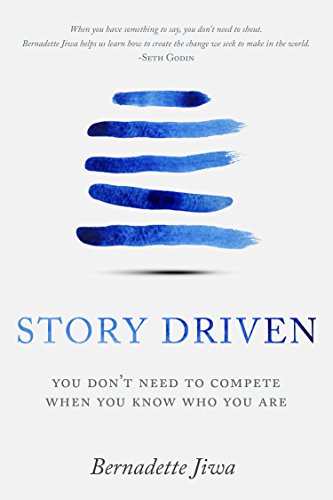
Starting a new business? Read this book first.
Storytelling is THE #1 most valuable skill in the world. Yes, I’m serious. If you’re a good storyteller, you can sell anything. And if you can sell anything, you can build any business you’d like.
In Story Driven, you will learn how to turn even the most boring corporate jargon into a compelling story that your customers will buy into.
There are no excuses to be made here. If you want to build a successful business, tell a good story.
Never Split the Difference – Chris Voss
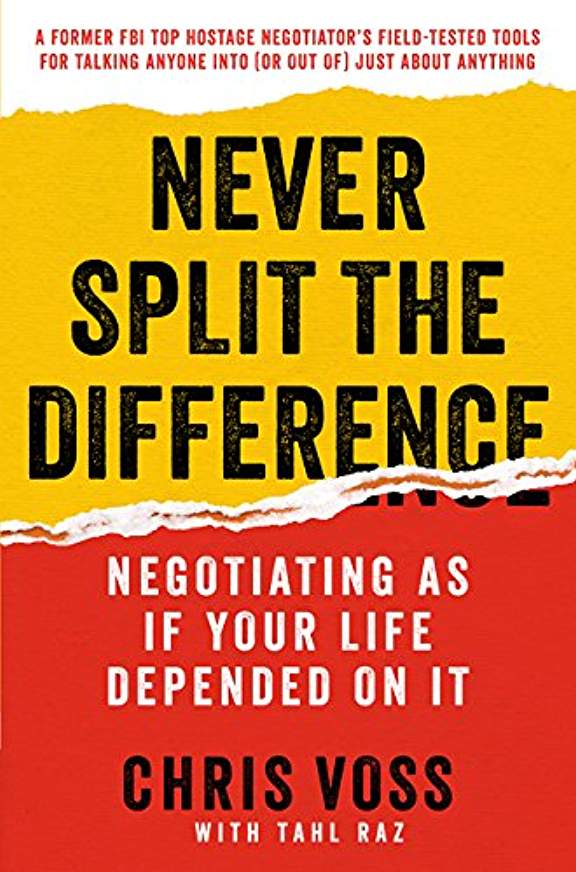
This is legit one of the most interesting books I’ve ever read.
Never Split the Difference is written by Chris Voss, one of the FBI’s top hostage negotiators. His book is all about how to use psychological negotiation tactics to win more negotiations.
The stories he shares are fascinating, and the strategies are actionable and practical in every facet of your personal and professional life.
10/10 give it a read!
Marketing Spark – Mark Evans
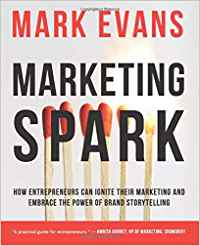
This one is actually written by someone I worked with for a few months in my old job. The author, Mark Evans, is a former journalist turned marketing consultant.
Storytelling is the #1 skill in the world. If you know how to tell enthralling stories, you can do anything. I really believe that.
In Marketing Spark, Mark provides an in-depth guide to crafting your startup’s story. When I say in-depth, I mean deep. Rather than simply providing an overview of theoretical marketing strategies, Mark takes the time to provide actionable tips, tools, illustrations and templates to help you apply the knowledge you learn.
The price tag is a bit hefty but, if you’re new to marketing or storytelling, you need to start by reading this book. Get your pen out for this one!
Contagious – Jonah Berger
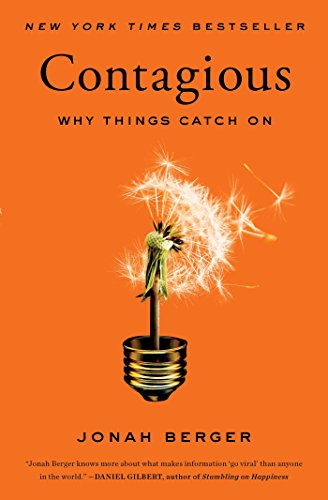
Ever wonder why some products or ideas become popular, while others fade away into irrelevance?
Jonah Berger has, so he wrote a book about it.
Contagious is 100% a marketing book so, if you’re not interested in hearing about case studies viewed from the angle of an aspiring entrepreneur, you may want to skip this one.
But, if you’re struggling to sell a product or service, this book is the perfect for you. You’ll walk away with actionable tips to develop a product or service that is as contagious as the common cold.
Atomic Habits – James Clear
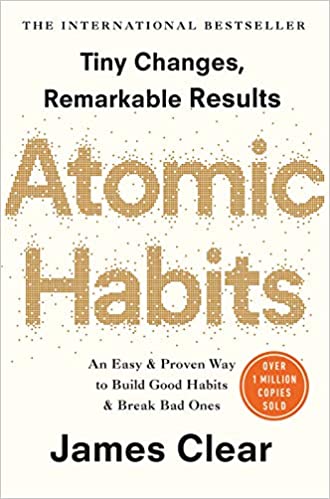
99% of personal development books are garbage. They’re either full of anecdotal nonsense or simply retread heavily on tired ideas. Habit-building is a niche that takes this even further. Just nauseating stuff.
The 1% of books that stand out are the ones that find new ways to explain strategies you’ve already heard before. Atomic Habits does just that.
James Clear masterfully illustrates the simple power of small changes. People are too impatient these days. Constantly searching for hacks and shortcuts to get what they want with as little effort as possible.
Real success comes with consistent and persistent effort. Choosing to get 0.1% better every single day.
My Best Creativity Books
These are books that have given me creative inspiration, something I have always struggled with. (even though I am, indeed, left-handed)
Originals – Adam Grant
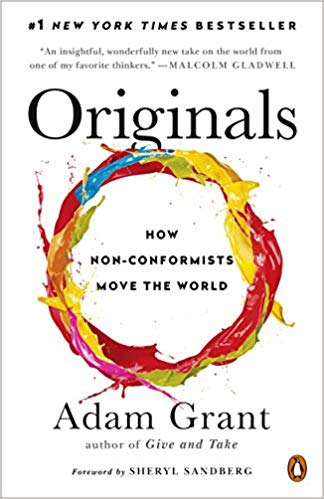
Adam Grant has quickly become one of my favorite authors. He has the incredible ability to take complex ideas and translate them into simple language.
Originals will give you a new perspective on what originality really means, and how you can champion your original ideas to others.
Give and Take – Adam Grant
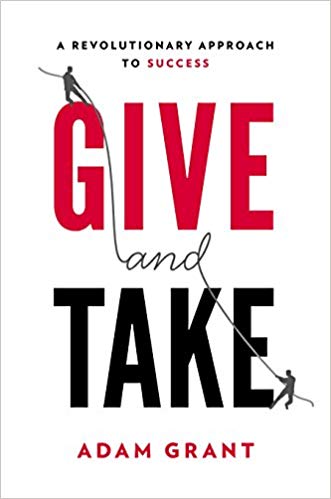
Did I mention that Adam Grant is one of my favorite authors?
It’s interesting to me that the simple idea of putting others’ needs before your own is considered such a radical concept. (especially considering the fact there is a very old book that has been telling us this for centuries) Give and Take shows how elevating the people around you will not only help them, but directly benefit you as well.
Steal Like an Artist – Austin Kleon
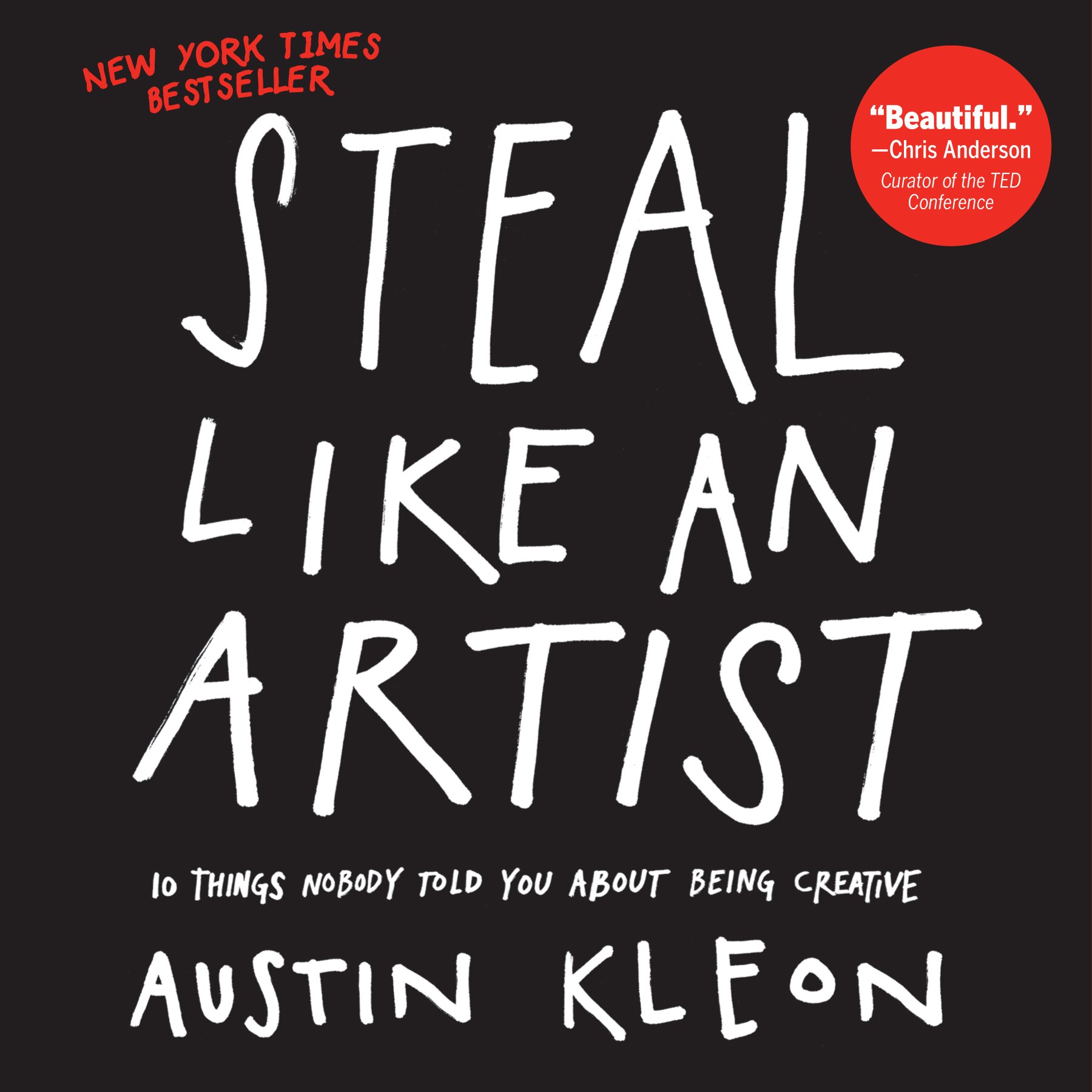
This book is short. Like, really short.
But you know what? It really packs a punch. Why bother dragging things out when you can make your point so concisely?
Steal Like an Artist makes a compelling argument that there actually is no such thing as originality, and that it’s perfectly fine. Austin Kleon does a great job of using custom graphics and illustrations to tell his stories.
Creativity Inc – Ed Catmull
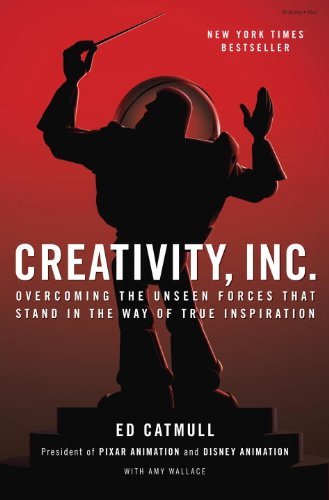
I love Pixar.
My childhood was filled with the stories, movies, toys and video games that came from the minds of this brilliant film studio. And what made these movies even more incredible is that I actually appreciated them more as I grew older. They’re the only studio that has mastered the art of making films that are enjoyable for people of all ages and genders.
Creativity Inc is written by Ed Catmull, one of the co-founders of Pixar. The book is packed full of useful and actionable advice on how to foster a creative work environment and bring out the true potential in people.
It’s also got some great inside stories that I’ve always had questions about. Highly recommend this one.
Bored and Brilliant – Manoush Zomorodi
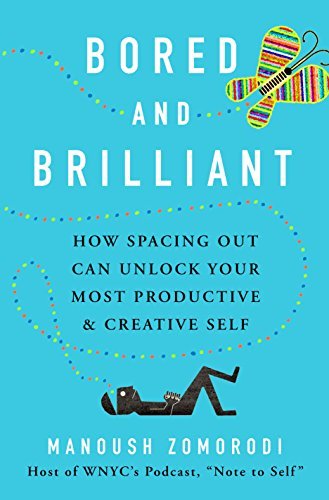
“OMG I’m so BORED.”
When’s the last time you said that? And meant it? We don’t get bored anymore. Any time we have 30 secs of spare time, we whip out our little pocket world and fill it mind-numbing distraction.
Boredom has always had such a negative connotation, and Manoush Zomorodi wants to change that. In Bored and Brilliant, he argues that boredom should be celebrated and encouraged, rather than demonized. Boredom is an opportunity to unlock our creative potential, and discover pockets of our mind that we didn’t even know were there.
The majority of the book focuses on a series of challenges that will help you detox from your smartphone. If you’re like me, and have already done that, you might find much of the info a bit beginner-level. If not, this is a great read to help you get started on your creative journey.
The War of Art – Steven Pressfield
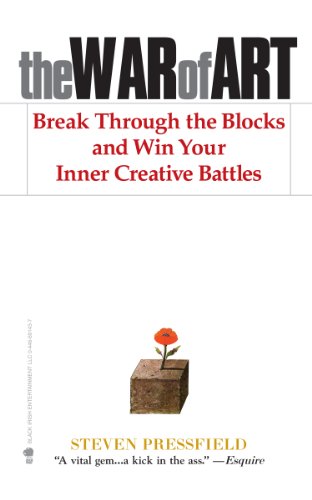
I most certainly don’t agree with everything the author lays out in this book. In particular, he gets into some weird metaphysical stuff that is just not my cup of tea.
But I did enjoy Steven Pressfield‘s style of writing, and how he portrayed procrastination and creative “resistance” as an embodied character. One that is constantly at odds with our life’s passions and desires, and a strong force to be reckoned with.
The War of Art is a unique spin on the tired “Defeat Procrastination and Get Crap Done” genre. And it’s a quick read as well.
Quiet – Susan Cain
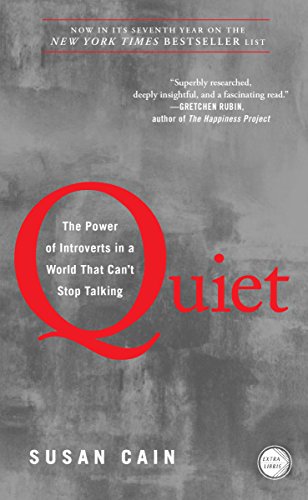
I’ve always considered myself to be in the center of intro/extroversion. Having a piece of both felt more comfortable than labeling myself. (I’m not a fan of labels)
Susan Cain‘s Quiet: The Power of Introverts in a World That Can’t Stop Talking is an intriguing look at the Western world’s obsession with extroversion. How many times have you been told you need to be “more outgoing” or “less antisocial”? How many times did it make you feel like there’s something wrong with you?
Modern Western society rewards brash, aggressive and borderline offensive speech and conduct. Just look at all the YouTubers and “influencers” cashing in on their outrageous social media posts, and the high power executives sitting at the top of the world’s biggest companies.
But, is that where the world’s creators and innovators come from?
I particularly enjoyed Susan’s comparison of Western and Eastern cultures. I’ve always found Japanese culture fascinating.
Deep Work – Cal Newport

Do you have a hard time focusing? Find yourself procrastinating often? Can’t resist the urge to check your Instagram while waiting in line at Starbucks? It’s OK, it’s not your fault. This world has conditioned your mind to crave the shallow and fleeting.
Cal Newport is here to help. He is a computer science professor at Georgetown University, and the author of multiple books focused on productivity and digital minimalism. (I also read one of his other books, So Good They Can’t Ignore You, but wasn’t a big fan of it)
Deep Work will show you the importance of accomplishing deep and meaningful work on a regular basis. It is also chock full of tips and strategies to help you on your journey.
While I believe Cal gets a little OCD in certain parts, (such as “scheduling every single minute of your day” and his strange obsession with email) the book is still full of useful tips and case studies to inspire your new, productive self. I especially loved his balanced and nuanced takedown of social media.
My Best Miscellaneous Nonfiction Books
These are books that don’t belong in any particular category, I just enjoyed them for various reasons. They’ll probably consist of sports-related books, mainly.
One Night Only – Ken Reid
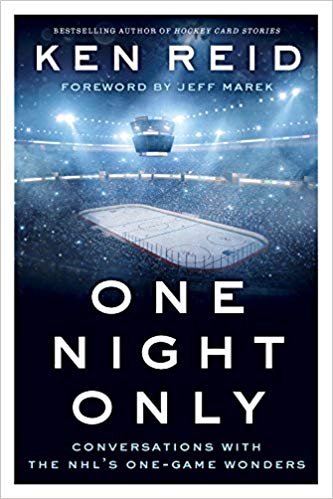
From the beer league to the minor league, hockey players from coast to coast often say they’d give anything to play just one game in the NHL.
One Night Only brings you the stories of 39 men who lived the dream ― only to see it fade away almost as quickly as it arrived. Ken Reid talks to players who had one game, and one game only, in the National Hockey League ― including the most famous single-gamer of them all: the coach himself, Don Cherry.
The Starch Solution – John McDougall, MD
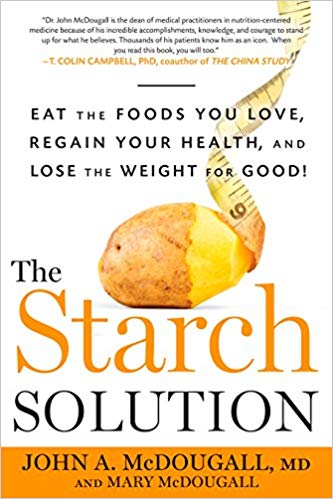
I am not going to give you health advice. Achieving optimal health and nutrition can be complicated and confusing. There are just too many variables, and we still know very little about the human body.
That said, this book was eye opening for me. I’ve been dealing with some health issues for the last few years, and my condition deteriorated to the point where I needed to make some significant lifestyle changes. In the process of researching and attempting to self-diagnose my problems, I came across The Starch Solution. While I certainly don’t agree with everything John McDougall talks about in this book, he does a great job of using proven science to validate his theories.
A solid read if you’re looking to live a healthier life!
A River in Darkness – Masaji Ishikawa
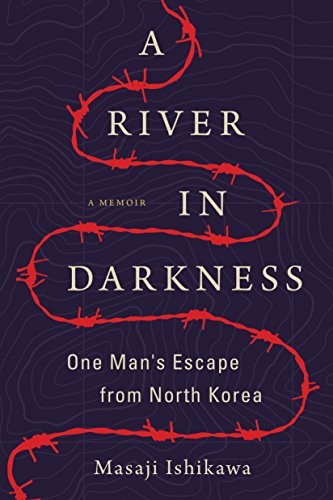
North Korea is arguably the most reclusive nation on earth. The North Korean government works overtime to ensure that no information gets in or out of the country. As such, it’s incredibly difficult to know what life in North Korea is like. Sure, we have rumors and a handful of eyewitness accounts, but they’re usually not much to go on.
A River in Darkness is the incredible story of a Japanese man who was raised in North Korea for over 30 years, and became one of the few people to escape the troubled nation. It is a deeply sad and troubling memoir of a man looking back on a life of misery and pain. It’s very powerful stuff.
If you don’t like sad stories, stay far away from this one. Woof.
Reasons to Stay Alive – Matt Haig
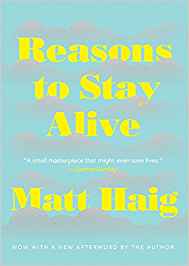
Depression is one of the most common and most difficult diseases we deal with in our modern world. We still have so much to learn about the mind.
All too often, we get caught up in why someone is feeling depressed. The reality is, there usually isn’t a reason for it. At least, a logical reason. They just are.
In Reasons to Stay Alive, Matt Haig details his deeply painful personal struggle with severe depression. This isn’t a book that details “X ways to overcome depression and feel happier TODAY“. This is a man simply sharing his personal struggle with the disease, with the hopes that others out there might find some of it helpful.
This is an especially important read for anyone who has a loved one who struggles with depression. Which is pretty much all of us at this point.
Endurance – Alfred Lansing
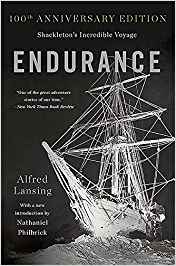
I may have set a new personal record for this book. I absolutely devoured it.
Endurance is the story of the very real, truly unbelievable voyage of Ernest Shackleton and his crew. In 1914, they set sail for Antarctica, hoping to be the first men to cross the last uncharted continent on foot.
But before they even set foot on land, their ship gets caught in a massive ice floe, where it is slowly and systematically crushed. This would be the beginning of a nearly two year fight for survival.
I honestly don’t know how they haven’t made a movie about this story yet. Simply inspiring.
Man’s Search for Meaning – Viktor E. Frankl
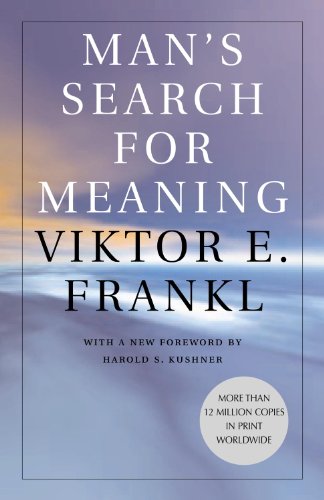
I have seen this book in many all-time favorite reading lists. I saw it so often, that I felt like I needed to see what the hype was about.
Man’s Search For Meaning is a deeply personal memoir of a psychiatrist who spent years in Nazi camps during World War II. The author, Victor Frankl, shares his theory of logotherapy, derived from the Greek word “logos”. (“meaning”) He argues that that our primary drive in life is not pleasure, but the discovery and pursuit of what we personally find meaningful.
Victor makes some great arguments, but ultimately fails to answer the question that concerns so many in this world: How do I find meaning in life?
The book is still a great read. In particular, it’s truly inspiring to see just how much pain and suffering man can endure once they do find their purpose in life.
The Hidden Life of Trees – Peter Wohlleben
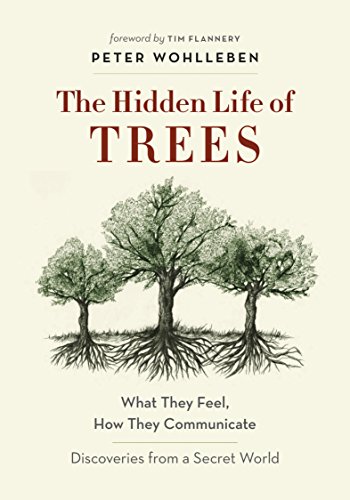
I have a friend who loves trees. Like, he never shuts up about them.
He would often recite tree facts to me regardless of the time of place. The woods and forests seemingly occupied his mind 24/7.
While I (almost) always enjoyed his inspired takes on our often overlooked plant friends, I never took the time to dig deeper on the topic myself.
Until I discovered The Hidden Life of Trees by Peter Wohlleben, a German forester and author, on sale on Amazon’s Kindle for just $1.99. At that price, how can you not take a chance on trees?
And I’m glad I did. Trees are fascinating you guys.
The Food Explorer – Daniel Stone
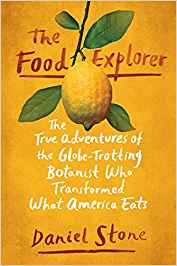
Food, travel and adventure. All neatly packaged into one (very true) story. What’s not to love?
The Food Explorer tells the story of David Fairchild, a young Botanist who quite literally transformed how North Americans eat. He dedicated his life to traveling the world in search of new fruits and vegetables that could be cultivated in America’s diverse landscape.
I learned a lot about food, world history and American politics.
The Brain That Changes Itself – Norman Doidge
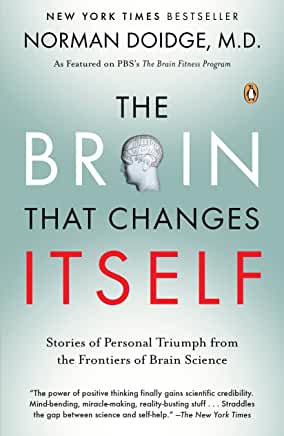
This book, man. Wow.
This is a must-read for anyone who has a brain.
If you’ve ever felt down, depressed, addicted, different, damaged, broken, sad, weak, or any and all of the above, you simply must read this book.
The brain is an absolute marvel of creation. And we still know so little about it. But one thing is for sure, we need to stop placing so many restrictive limits on ourselves.
We are capable of so much more than we think. And this book is proof of that. It will shatter every preconceived idea and everything you thought you knew about your own mind.
Moonwalking With Einstein – Joshua Foer
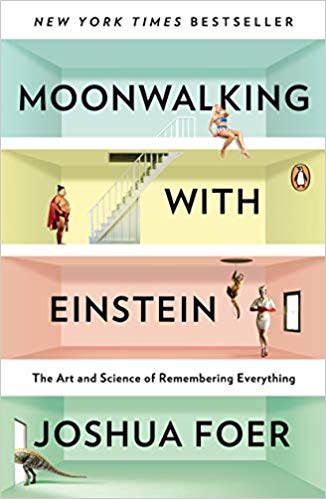
Do you remember where you put your car keys? Or that you need to pick up milk on your way home for work? Or that you have a doctors appointment tomorrow morning?
If you’ve watched the BBC’s Sherlock, you probably know what a “mental palace” is. (If you haven’t seen it, go watch it, but just make sure to only watch the first two seasons. It jumps the shark pretty hard after that.)
But building a powerful memory involves much more than memory palaces. And Joshua Foer does a great job of demonstrating that, like many things we presume to be simple genetics, memory is a learned ability. As such, anyone can do it.
In fact, Moonwalking With Einstein chronicles exactly how he went from complete memory noob to the American Memory Champion in just 1 year.
The River of Doubt – Candace Millard
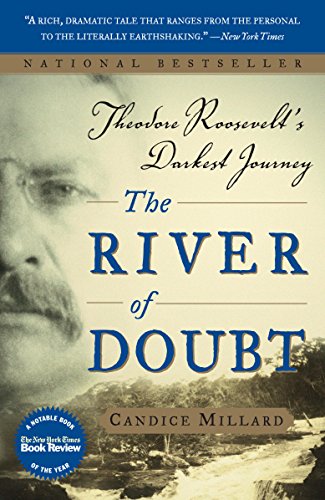 I love reading stories of inspirational people. It makes me feel like a giant baby and motivates me to try to better in every facet of my life.
I love reading stories of inspirational people. It makes me feel like a giant baby and motivates me to try to better in every facet of my life.
The more I read about Theodore Roosevelt, the more I’m convinced that they simply “don’t make them like they used to”.
The River of Doubt is the story of Theodore Roosevelt’s incredible journey through the heart of the Amazon rain forest. The task at hand? Leading a team of explorers down a river that no one had ever dared travel before. Candace Millard paints a vivid picture of the harrowing adventure, full of predators, disease, murder, betrayal, superhuman feats and deep-seeded conviction.
If you’re looking for a truly inspiring example of what human beings are capable of, look no further than this book.
My Best Fiction Books
1984 – George Orwell

I don’t typically read fiction books. If I want fiction, I watch a movie. I made an exception for 1984 simply because I kept hearing it referenced in every medium imaginable. And I’m putting it in the nonfiction category because it barely qualifies as fiction.
And now, I finally understand all of the references! It is startling just how much of George Orwell’s book was essentially prophecy for our time. Based on the content of his story, you’d think this book was written in 2009, not 1949.
It even makes you wonder if some nefarious individuals used this book as inspiration for their evil plans…
Fahrenheit 451 – Ray Bradbury
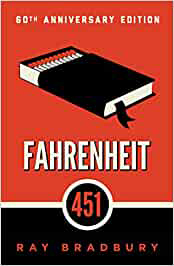
I love Fahrenheit 451 for similar reasons I enjoyed 1984 so much.
For a book that was written so long ago, it seems to be almost prophetic in how it depicts a vapid, soulless society teetering on the brink of collapse. One that has forgotten what it truly means to live.
Ray Bradbury does a masterful job of helping us visualize the dystopian future he’s imagined. His ability to describe even the most minute of details as if it is of earth-shattering importance kept me fully engaged.
And this book gets bonus points for being a fairly short read.
